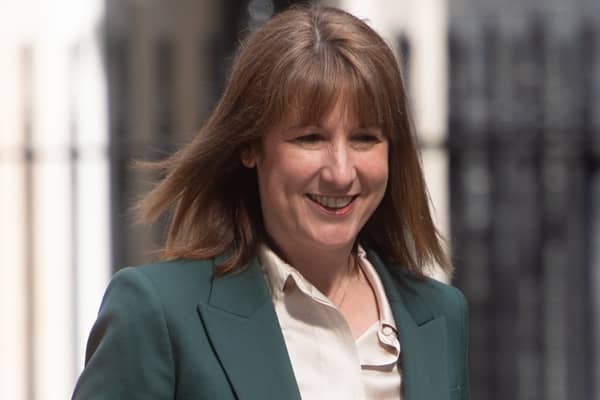The Government is on track to miss its ‘stability rule’ by £41.2bn in the fiscal year 2029-30, meaning substantial tax increases in the Autumn Budget will be needed if the Chancellor is to remain compliant with her fiscal rules, according to the latest quarterly UK Economic Outlook by the National Institute of Economic and Social Research.
Higher-than-expected public sector borrowing, the reversal of cuts to welfare, and weaker-than-expected GDP growth have contributed to a worsening fiscal outlook over the last few months.
As a result, the Chancellor faces an impossible trilemma: simultaneously meeting her fiscal rules, fulfilling spending commitments, and upholding manifesto promises to avoid tax rises.
Against this backdrop we project UK GDP to grow modestly at 1.3 per cent in 2025 and 1.2 per cent in 2026, placing the UK in the middle of the G7 economies.
We expect CPI inflation to remain significantly above the MPC’s target, at around 3.5 per cent in 2025, and 3 per cent in the second quarter of 2026. This is mainly due to persistently high wage inflation, and the inflationary effects of the fiscal expansion announced in the Autumn 2024 Budget.
As for monetary policy, despite the persistence of inflation, we expect the Bank of England to cut interest rates twice this year, with a further cut expected at the beginning of 2026. This would bring the policy rate down to 3.5 per cent, our view of the natural nominal interest rate (r*).
The cost-of-living crisis is still ongoing, affecting the poorest in our society the most. The living standards of the poorest 10 per cent of UK households are falling. In 2024-25 they declined by 1.3 per cent compared with 2023-24 and are some 10 per cent lower than pre-Covid levels.
Given this outlook, we would recommend that the Government:
- Builds a large fiscal buffer via a moderate but sustained increase in taxes. This will help allay bond market fears about fiscal sustainability, which may in turn reduce borrowing costs. It will also help to reduce policy uncertainty, which can hit both business and consumer confidence.
- Reduces welfare spending by bringing down the level of economic inactivity, for example through a faster disbursement of the £1 billion earmarked for pathways (back) to work.
- Reforms the Council Tax Bands or, even more radically, replaces the whole Council Tax system with a land value tax.
Professor Stephen Millard, Deputy Director for Macroeconomics, said: “With growth at only 1.3 per cent and inflation above target, things are not looking good for the Chancellor who will need to either raise taxes or reduce spending or both in the October Budget if she is to meet her fiscal rules.”
Professor Adrian Pabst, Deputy Director for Public Policy, said: “The government needs a guiding narrative that can anchor an ambitious policy programme.
“While there have been welcome announcements on public investment in the Comprehensive Spending Review, what’s missing is much closer coordination across government and with lower tiers of government on driving forward pro-growth and pro-productivity policies.
This should be a top priority for government if it wants to meet its mission of kickstarting the fastest growth among the G7 economies and boosting living standards in every part of the United Kingdom.”

